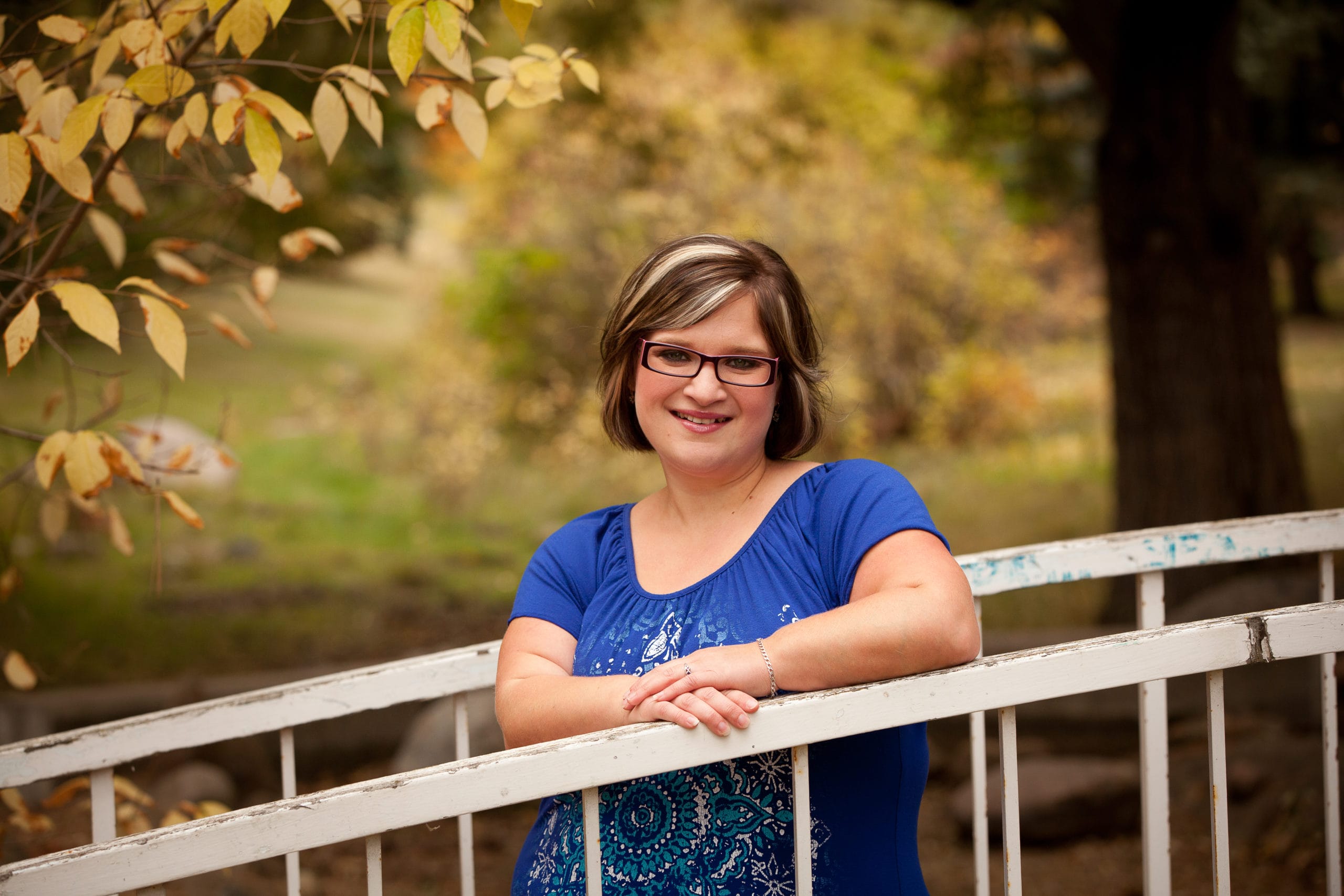Today’s blog is written by patient advocate Adrianna McDonald.
As someone living with obesity, I have experienced my fair share of weight bias and discrimination. Healthcare seems to be an environment where this treatment happens a lot, and is something I am passionate about making a difference in, not only for myself but for others as well. Several years ago, I got involved with Obesity Canada and their Public Engagement Committee. I learned that obesity is a chronic disease that is not well understood, even within healthcare as the majority of health professionals are not given adequate training on the disease.
How can we expect them to help if it is not something they learn about?
Over the years, I have advocated for improved access to care and to be treated with the same respect and dignity as anyone else. I was recently asked by Obesity Canada to participate in a training program for physicians. The Academy for Science and Continuing Education in Diabetes and Obesity (ASCEND) is a CME-accredited programme designed to improve the care of people with diabetes and obesity through interactive training. In this case, I was asked to participate in a mock clinical intake. The main focus was to demonstrate how to properly, and respectfully, interact with people coming into a weight management clinic.
I believe this type of training is really important for physicians and other healthcare providers to be exposed to as it can help create a safe and comfortable environment and communication that will help address some of that weight bias and stigma we, as people living with obesity, have come to expect from healthcare. I only wish more doctors would be exposed to these learning opportunities.
The mock intake went well, but the question and answer period that followed reinforced why this training is so needed. It was clear that even in this small controlled environment, during an obesity training session, there was still a lack of understanding of the disease and a bias that influences how people view and interact with us as patients. My personal success, as a person with excess weight, was brought into question and without context or history. My appearance influenced my credibility and perceived truthfulness with some healthcare professionals – A clear example of weight bias. I have lost a significant amount of weight and have been working on managing obesity for many years, however, I still live in a larger body. I was asked why I am still the size that I am, as if my obesity treatments have not been successful. I was questioned about if I was in fact doing all the right things (diet and exercise) to manage my obesity. These behaviours were the focus, not the actual chronic disease. I wonder if there are any other chronic diseases that place so much responsibility and focus on individual behaviour.
Obesity is a complex chronic disease, not just a simple equation of eating less and moving more (Health Canada declared Obesity as a chronic disease in 2015) and it requires lifelong treatment. 12 years after bariatric surgery, I am continuing to treat and manage my disease.
When trying to respond, I made a joke that it all started when I met my husband five years ago. A time where I didn’t eat the best. In reality, there are many factors which influence my weight. Our bodies actively resist weight loss and will work to make us gain weight when we lose, this is a biological response that is not under our control. Remember obesity is a chronic disease. We also need to recognize that our behaviours that we are so focused on as the solution are influenced by a lot of things, like that biological response (hormones), our environment, and psychological influences as well. The death of my brother was a very traumatic event that took me to a dark place and certainly played a role in this complex equation.
Even with that, who says I’m not a success? Who, or what is success measured by? Yes, I have regained some of my weight since surgery, but I am still 70lbs down from my highest – A clinically significant success by any measure. I live a full life as a respite provider, caring for people with special needs/abilities, and have a side-hustle that provides additional income.. Advocating for people with excess weight is another passion of mine as I believe the number on the scale will never determine the success of a person. Finally, I have an amazing husband by my side that doesn’t compare my success to my weight.
Since getting involved with Obesity Canada, I have learned so much about this chronic disease. The information from the Canadian Obesity Clinical Practice Guidelines has empowered me to be able to speak up against weight bias and has allowed me to be a part of the change that is so needed. From helping to educate health professionals (check out Obesity Canada’s professional education opportunities), to ensuring there is positive imagery and representation of people living with obesity through the Obesity Canada Image Bank, to getting involved in the OC-Connect community, I am passionate about being a changemaker.
I have so many successes besides the number on the scale… What are yours?






